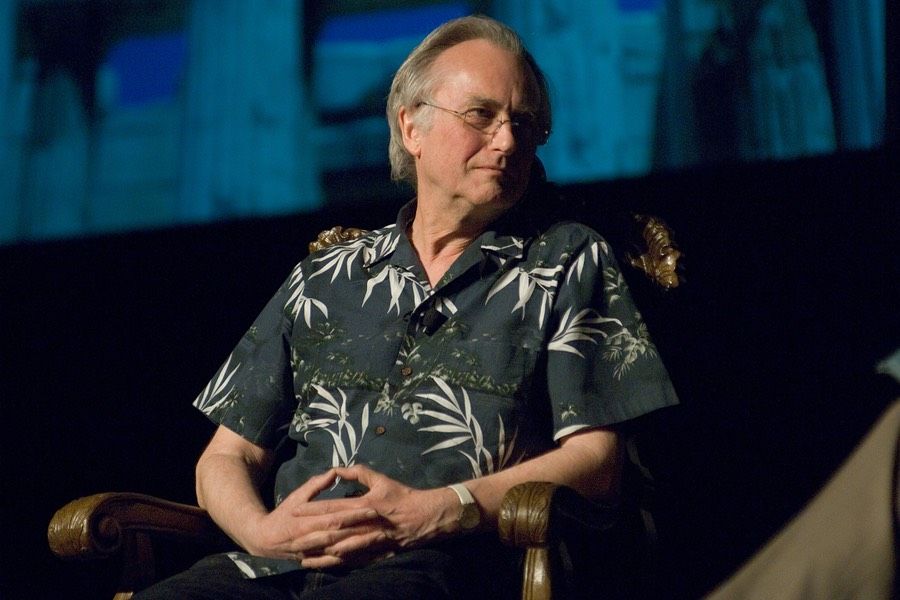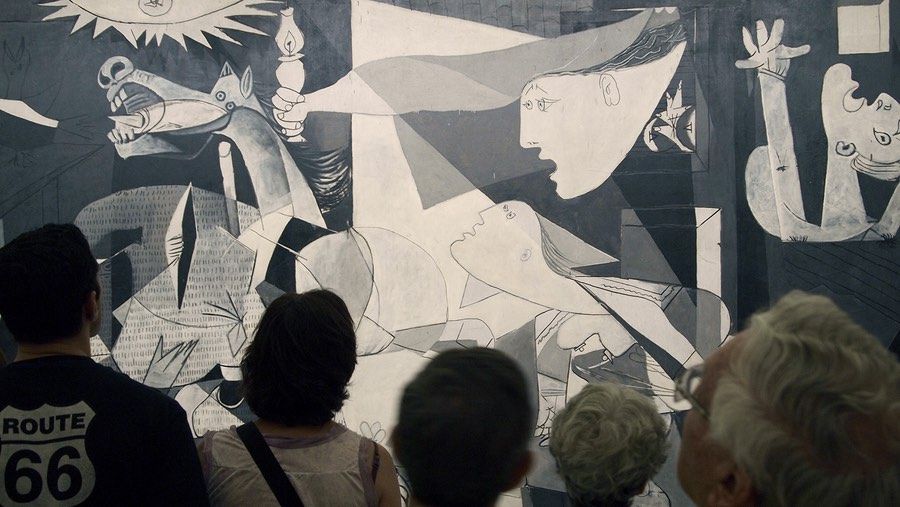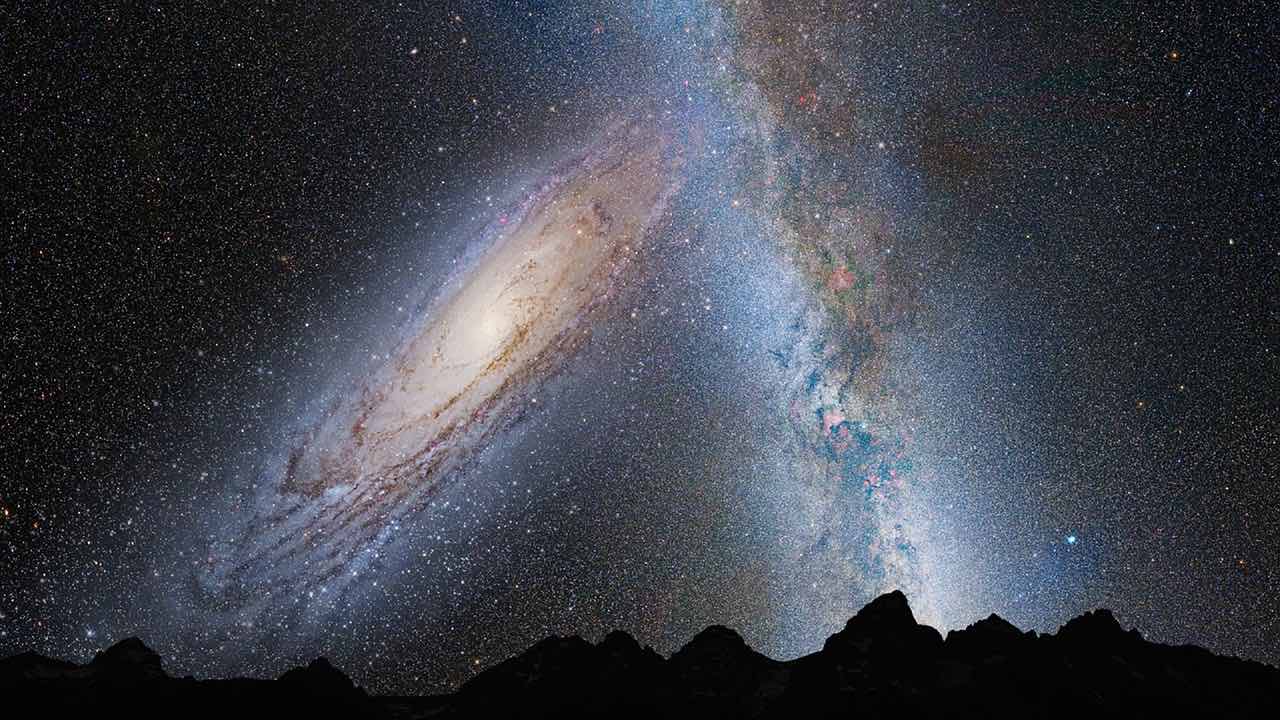The concept of good and evil was discussed in my writers group recently. We were requested to write out our concept, then present and discuss it with the others. I have since added more to what I had previously written due to the fact our original presentation could be no more than three pages.
Good and evil. I think it easier for me to discuss what my concept of good and evil is not, before approaching the subject of what my concept of good and evil is.
The most difficult task for man is determining truth. Determining what is definitely true and what is definitely false. The need for absolutes in the case of truth versus falsehoods is paramount, but it seems so rarely we achieve absolutism in these efforts. In court cases, in science, in politics, we want absolute truth. We don’t want subjectivity. We want objectivity.
PLACING GOOD AND EVIL ON SUBJECTIVE MEASURES
What appears rather obvious to me is that in the realm of morality society has dismissed objectivity and has accepted subjectivity as the means to proving what is good and evil. To be clear, the subjectivity of morality relies solely on the individual to calculate the perimeters of what is good and what is evil. This methodology, known as subjective morality, is typically, though not solely, practiced by atheists, agnostics, and naturalists.
It is a determination determined through circumstances, experiences and other means of self-education. There are, of course, those who have been taught the idea of subjective morality, but the education of the idea itself does not establish the rudiments of morality. All of that ends in self-discovery.
As time transpires for the subjective moralist, the idea about what is good and what is evil changes or evolves, although not all who practice subjective morality agree on the specifics of what is good and what is evil. The extreme cases, such as murder, rape, and kidnapping, are typically agreed upon; but in cases that are not extreme, such as gossip, fornication, and drunkenness, there may easily be found room for disagreement. Specifically, there is no absolute moral code upon which to refer or confer.

According to renowned atheist, evolutionary biologist, author, and the former University of Oxford’s Professor for Public Understanding of Science, Richard Dawkins, when it comes to the subject of morality, he stated, “DNA neither cares nor knows. DNA just is. And we dance to its music.” When it comes to society’s continually shifting morality [what he called the “zeitgeist”], he said, “If you travel anywhere in the Western world, you find a consensus of opinion which is recognizably different from what it was only a matter of a decade or two ago.” From that perspective he added, “What’s to prevent us from saying Hitler wasn’t right? That is a genuinely difficult question.”
When it comes to subjectivity, I suppose he has a point, simply because there is no point of reference to rely on. No absolute.
SUBJECTIVE ART AND ABSOLUTE EXISTENCE
It seems society has taken to heart the words of the famous author Fyodor Dostoevsky when he said, “At first, art imitates life. Then life will imitate art. Then life will find its very existence from the arts.” I posit the idea that one [an individual life] can find their purpose in the arts, but to state that life itself will find its existence in a method [art] that abides solely by the principles of subjectivity is dangerous. It is building existence on sand rather than solid foundation.
Art is a representation of reality, but is not reality itself. It is created to subjectively demonstrate life’s absolutes. In other words, the artist is saying, “This is how I see the world.” They are being subjective, like how the famous painter Pablo Picasso painted. His was such abstract form, yet it made sense in respect to the skewed and sickening reality of wartime Spain.

Picasso described art well, and rebutted Dostoevsky’s claim, when he said, “We all know that art is not truth. Art is a lie that makes us realize truth, at least the truth that is given us to understand. The artist must know the manner whereby to convince others of the truthfulness of his lies.”
Oscar Wilde further rebutted Dostoevsky when he wrote, “It is the spectator, and not life, that art really mirrors.”
CAN OBJECTIVITY FIT INTO A WORLD OF SUBJECTIVITY?
If art is subjective and individual life is subjective, then why would there be a need for mankind to be governed by objectivity? Why the need for absolutes in terms of morality?
I believe it is because man, not art (though he may ask through the medium), asks the question: Why am I here? Upon that answer, or the search thereof, he builds his life, and those building blocks must be cemented in objectivity. That answer cannot be discovered through what is subjective for it provides no path except that which he creates himself, which ultimately leads to him becoming his own absolute and therefore forcing him to ask that powerful question of which he cannot possibly answer in any absolute manner or at any absolute time.
If he bases the answer upon art, then he lives only for art or other subjective means (such as money, sex, and power), and therefore receives no firm foundation upon which to build. It is equivalent to trying to build a house upon the waves of the ocean.
In order to discover the answer, however, one must acknowledge the existence of the absolute, and since man, or art, or any other physical pursuit, cannot be the absolute, then it must be something higher than man. The absolute must be a higher being, and I dare say it must be God.
BUT WHY GOD?: JUSTICE AND SUBMISSION

The truth for objectivity is that one must answer for actions committed, if not in this life, then the next. Objectivity requires justice and submission. The truth for subjectivity, on the other hand, is that one does not answer for their actions, especially in the metaphysical sense. In other words, there is no requirement for justice, and it leaves only the self to submit to.
I believe naturalists have a good start to believing that it is the universe [or Mother Nature] that is the absolute because it clearly demonstrates its power of life and death via the changes of seasons found in every form of natural life. In that argument, however, there is nothing more to it than what Charles Darwin learned from nature, which is survival of the fittest, which forces us to return to what Dawkins said about Hitler. If we decide that it is the universe that is the absolute, then we subject ourselves to not only dismissing the idea of God, but also the idea of the conscience.
If it does simply come down to nature’s distribution of selective DNA processes, then the dance, from a morality standpoint, is not a waltz or tango or two-step, but is the closest thing to improvisation, which means that in every case one should be prepared to clear the floor and make room for whatever may arrive.
Lastly, if the universe, or nature, answers to itself and if we are merely an aspect of it, then we, being part of the universe, would simply do the same, which eliminates the idea of justice and submission. And it is this avoidance of justice and submission to something greater that is the basis of subjective morality; for if there is nothing to answer to, then there is no incentive to pursue and uphold morality. As I said, naturalists have a good start, but their ending is nothing short of cataclysmic.
WHEN THE UNIVERSE IS SUPREME

In the Stephen Crane poem War Is Kind he writes, “A man said to the universe: ‘Sir, I exist!’ ‘However,’ replied the universe, ‘The fact has not created in me a sense of obligation.’” This isn’t to suggest that Crane was a naturalist (I don’t know), but it does depict the fact that there are many of those who believe that the universe is the object to which we are accountable. If one does believe this, then one must believe that the universe not only lives, but also thinks, and within thinking, it judges. If it does not think, then it cannot judge, and if it cannot judge, then we are not accountable to it.
If someone believes they do answer to a living, thinking, judging universe, then they have given the universe the qualities of a god, and therefore must admit that they believe in God, though simply by a different name. The danger with this, from a morality standpoint, is that instead of abiding by any moral code, society is only subject to the laws of nature since science cannot address the fundamental issues of good and evil. The universe, nor science, is able to institute ethical cognition.
To add insult to injury, if this theory were to be true, then the universe would see us as entertainment value, rather than intrinsic value, as God sees us. This idea, though not technically atheistic, would be in direct parallel with Dawkins’ suggestion that we are merely dancing to our DNA.
Part II is now available. Check it out here.